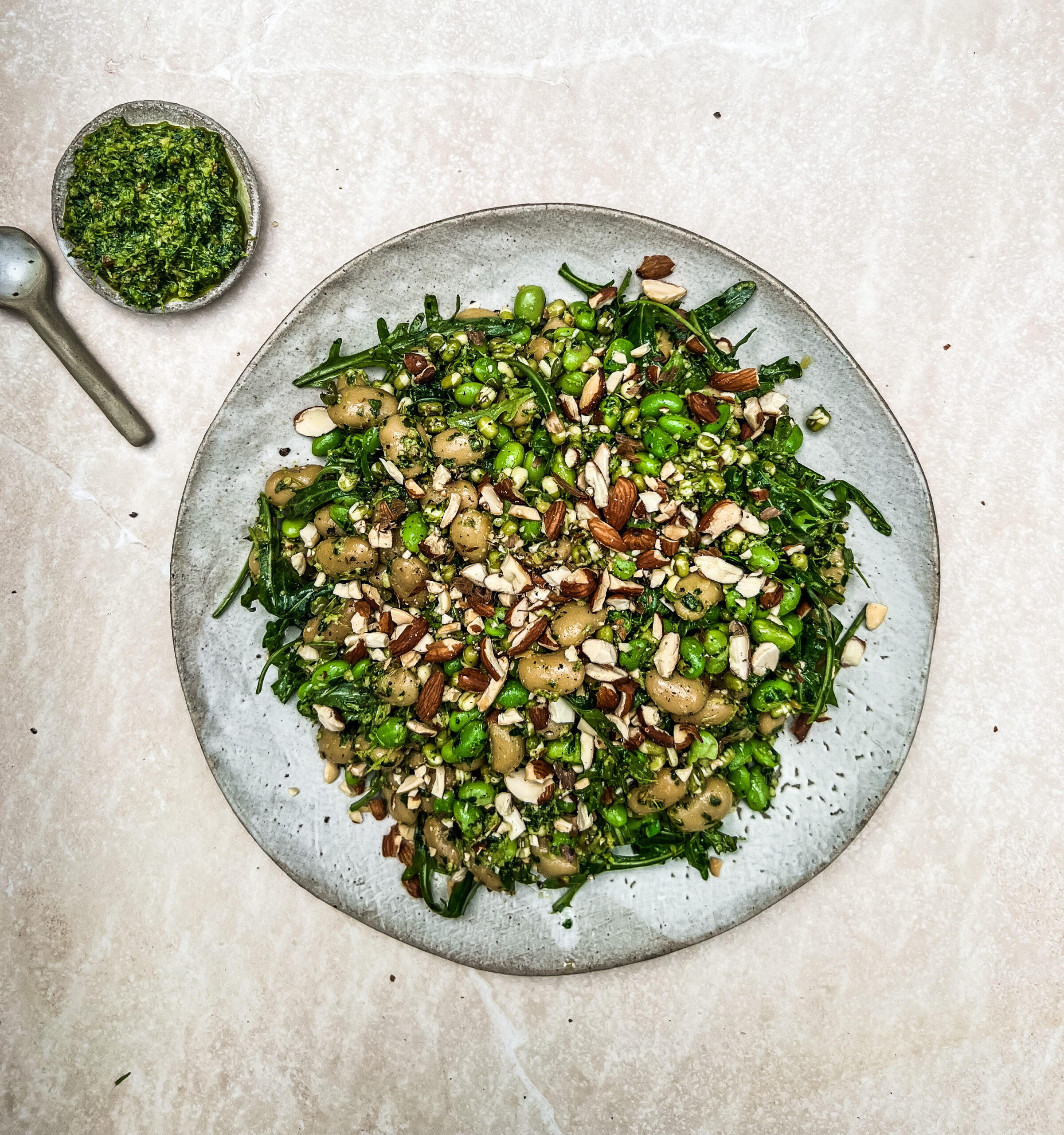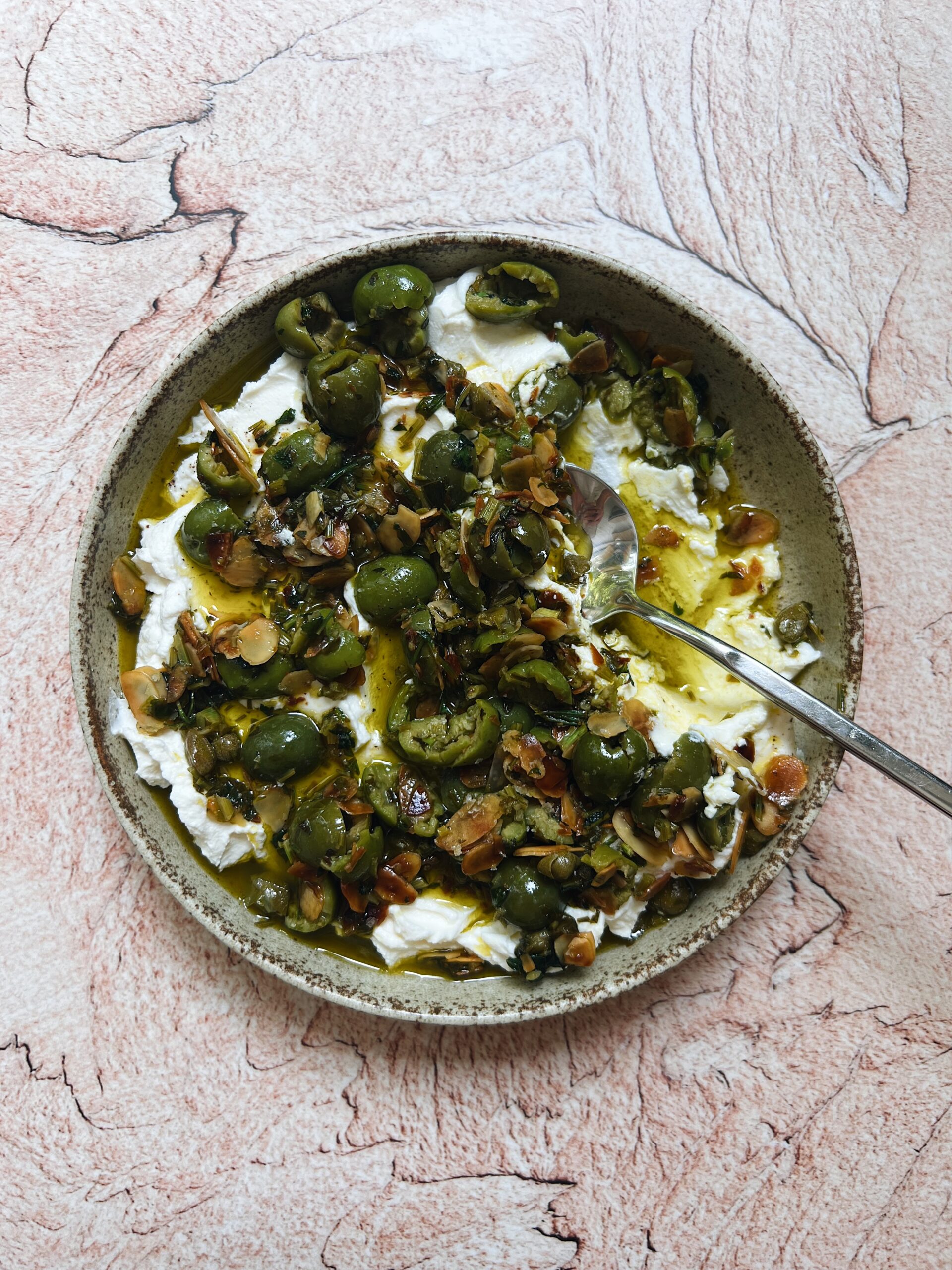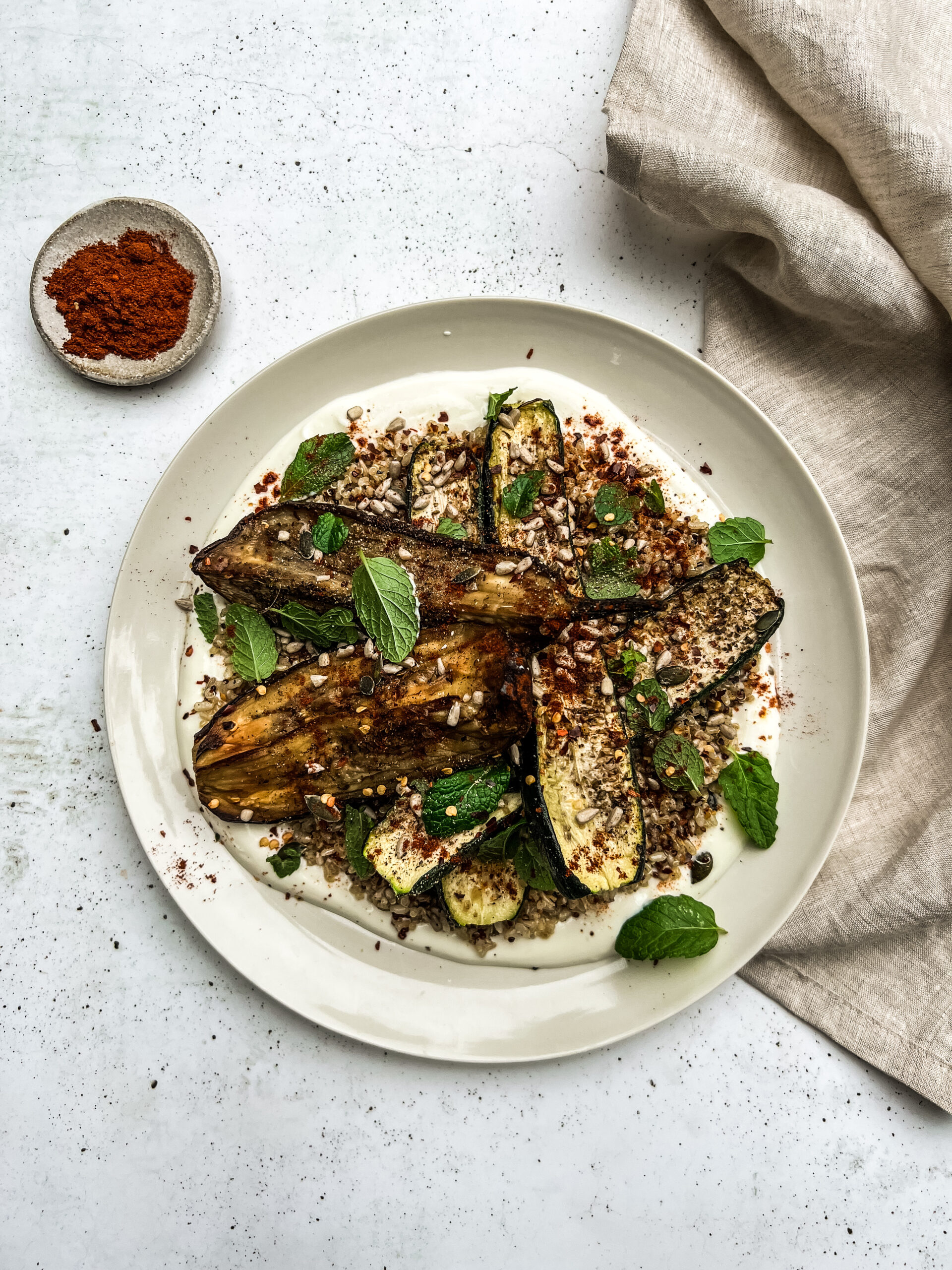Guide To Healthy Milk And Milk Alternatives
It feels like every month there is a new trendy milk on the scene, and daily we are hearing things about dairy and whether or not we should consume it. Let’s break down the things to consider when you’re selecting what milk may be right for you. By the way, this guide is all based on my personal opinion and food philosophy.

DAIRY MILK
Let’s start with standard dairy milk, the one that comes from cows.
Ditch skim milk. Fat doesn’t make you fat and we have now moved away from the constant need to save calories. Skim milk is hardly that different in calorie content anyway.
Surprisingly, I actually don’t mind regular dairy milk, especially if it is organic and comes from cows that live on pasture. The reason is because there aren’t really any additives, especially compared to plant based alternatives.
However there are a few things to consider.
- I do think that from a health perspective, we shouldn’t be overdoing it on dairy. A little is fine, but I tend to find most people can benefit from reducing dairy to just once a day or every couple of days. You can even choose to eliminate it entirely (you won’t be missing out on any nutrition). But in terms of a whole food, I find dairy milk to be quite an inoffensive option.
- The quality of the cows is hard to track. There are some great options for organic and biodynamic milks, but not always readily available or affordable.
- The ethics of dairy are questionable, given that to produce milk the mother must birth a child.
- Dairy milk is higher in carbohydrates than some of the other options.
Personally, I stay away from dairy used as a milk, but I do consume yoghurt, ghee, butter and cheese occasionally and try my best to choose the best quality I can find. If I am going to eat dairy, I would prefer it to be these items instead of milk. Especially as I often have two milk based drinks a day, one coffee and one cacao or matcha.
If you love dairy milk, and you have a small amount, for example in a small latte (Australian size not American size) every day and a bit of dairy here and there, I don’t see a problem.
If you would prefer to go dairy free, then this is fine too. Like I said, you aren’t missing out on any nutrition by removing dairy from your diet.

NUT MILK
I have put these all in one category even though there are so many different types – almond, macadamia, cashew, pistacchio.
I like these (the good ones) however not all are created equal and this can be a minefield sorting through different products, some which are filled with crap.
I believe nuts are a great daily introduction to the diet, so I support the idea of a nut based milk. But unfortunately, due to the production, most store bought options are pumped full of sugar, additives, emulsifiers and worst of all industrial seed oils like canola oil or rapeseed oil. Companies do this to increase shelf life, remove the need for refrigeration, and to try and emulate dairy milk. The addition or seed oils in particular – as this creates a creaminess due the emulsification. So that creaminess in the tetra packed almond milk is not coming from the almonds, it’s simply just a bottle of emulsified vegetable fat with a few almonds added in.
Steer clear of these as much as you can. They are no good. From a health perspective you are ten times better off having dairy milk.
That said, there are a few store bought options that don’t have these additions thankfully, and you can always make your own too. You really need to look at the ingredients.
First of all, if it is shelf stable, it is likely to have these additives. Look for an option that is in the fridge and requires refrigeration. Second, look for sugar and any kind of seed oil in the ingredients list.
Some things to consider
- Sustainability is a concern as producing nuts, specifically almonds are not the most sustainable plant to grow.
- Additives, as we discussed above. The plant based milk category is rife with shitty products that deserve no place in your cappuccino.
- Whole diet and omega-6’s. While nuts have many nutritional benefits, they are rich in omega-6 fats which even though we need to consume, it can be easy to overdo it and throw out the balance of omega fats. Something to consider especially if you are consuming a lot of milk and even more so if you are consuming lots of other nut based products outside of your nut milk consumption.

OAT MILK
Oat milk is another great plant based option, however it comes with the same challenges as the nut milks which are the additives to increase shelf life and creaminess. As with nut milks, look for an oat milk without any of these in the ingredients and look for one that is refrigerated – or make your own!
To consider
- Oats are a grain so if you are on a grain-free or paleo diet, oat milk isn’t for you.
- Oats are high in carbohydrates, making oat milk the option with the highest amount of carbs. If you are on a low carb diet, stay away from oat milk. If you aren’t making any effort to reduce carbohydrates, then enjoy oat milk.
- Oats normally have gluten in them, due to contamination from other grains when growing. If you are coeliac or gluten intolerant, oat milk is not for you.
Personally, I enjoy oat milk every now and then. I am lucky to have access to a really great one with no seed oils in my local cafes and supermarkets. That said, I mostly follow a lower carb eating approach, so I go for almond milk more often, and have oat sometimes – I like the taste!

COCONUT MILK
Coconut milk is not talked about so much, but I love it! Coconut is rich and sweet, and I love the milk that it makes. But there are so many different kinds.
There are some “coconut milks” that are designed to replace dairy milks and nut milks. The same problem with additives to nut and oat miks applies to these as well. For this reason, I would avoid most of these.
But then there is the canned coconut milk which is a different product entirely even though it is called the same thing – it’s very confusing I know. This is the stuff you find in the aisles of the supermarket mostly known for use in curries.
The difference comes from the fat to water ratio. These canned options, whether they are called “coconut cream” or “coconut milk” are very concentrated, therefore not to be used as you would use a dairy or nut milk. Instead they behave more like cream, whereby you can add a spoonful into a hot beverage, you can use them in desserts and to thicken curries and soups.
Please know that all brands differ with their percentages of coconut to water. You want the thickest you can find! I hate watery coconut milks. I only use the Ayam brand and have never found a better one. When I use coconut cream in a recipe like this Chocolate Ganache Slice, it actually doesn’t work with a water coconut cream!
I hope you now have some more information and knowledge, so you can go forward and make the right milk choice that suits you!
Liv xx











Thanks Liv for the nut milk information based on an Australian point of view. I’ve never really bought into any of the milk trends and grew up entirely on full cream dairy milk, cheese and yoghurt. My problem recently in my mid 50’s is a very mild chesty cough after my morning coffee. Might it be the milk??